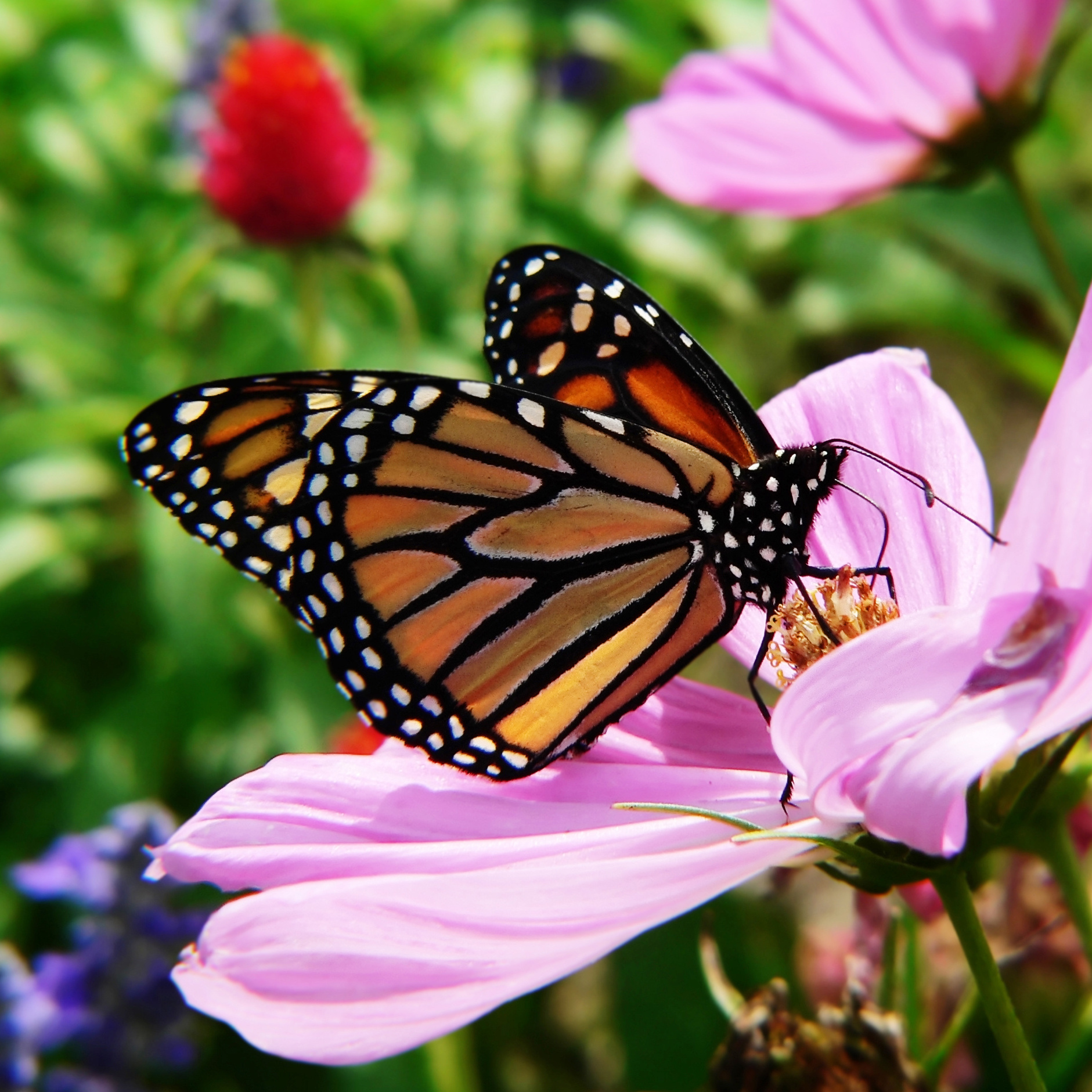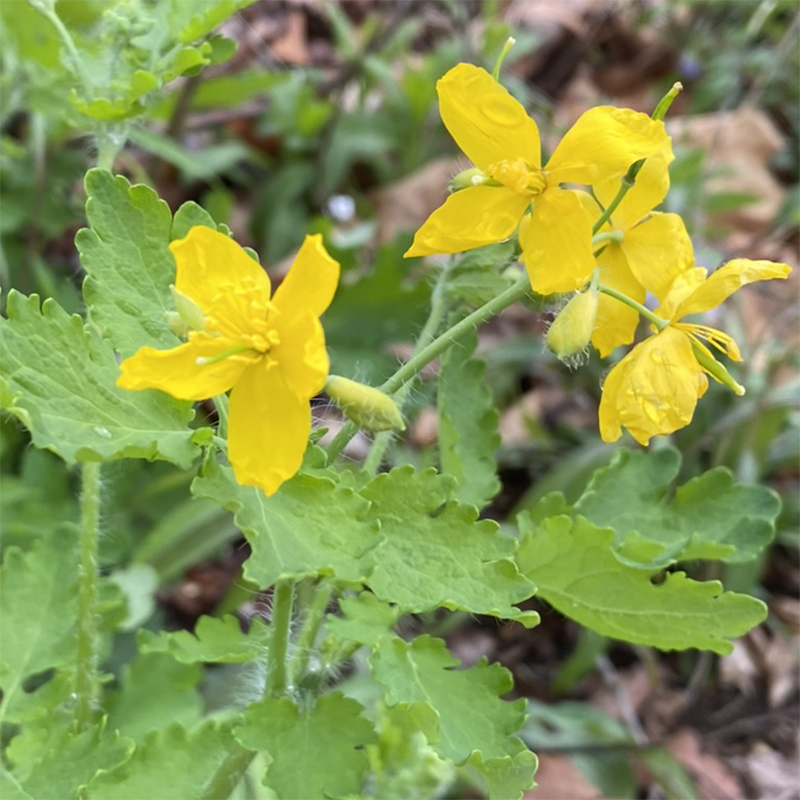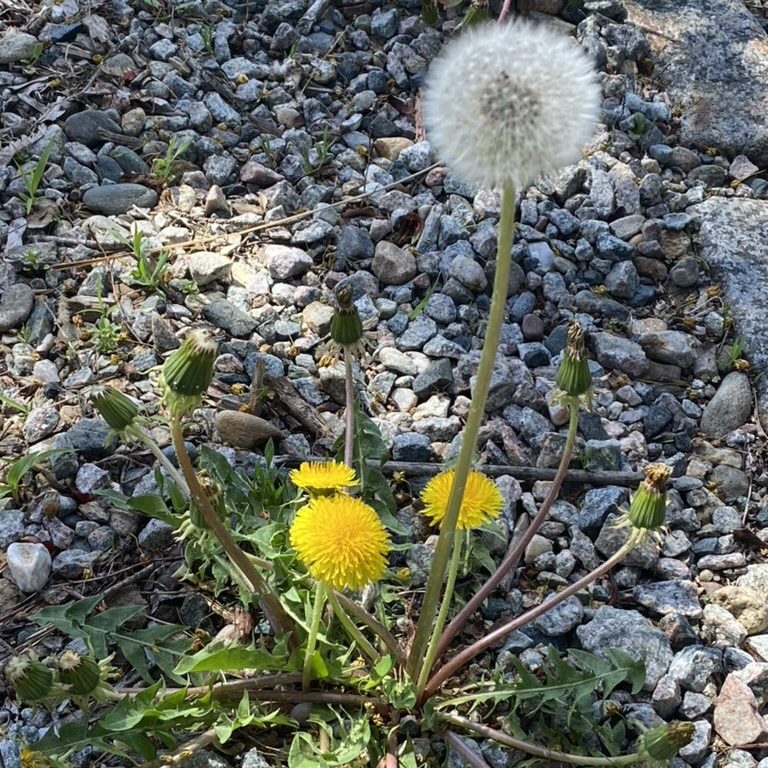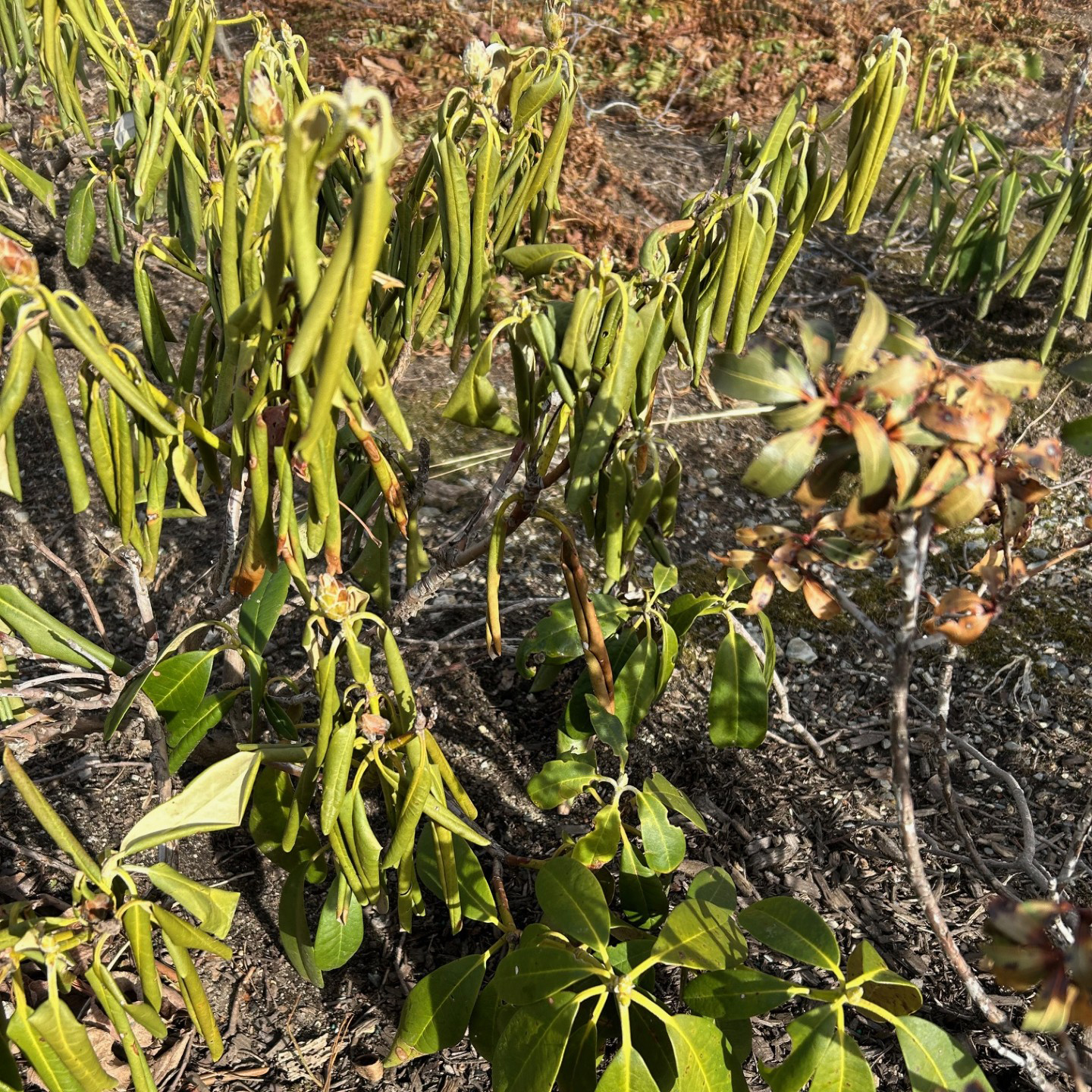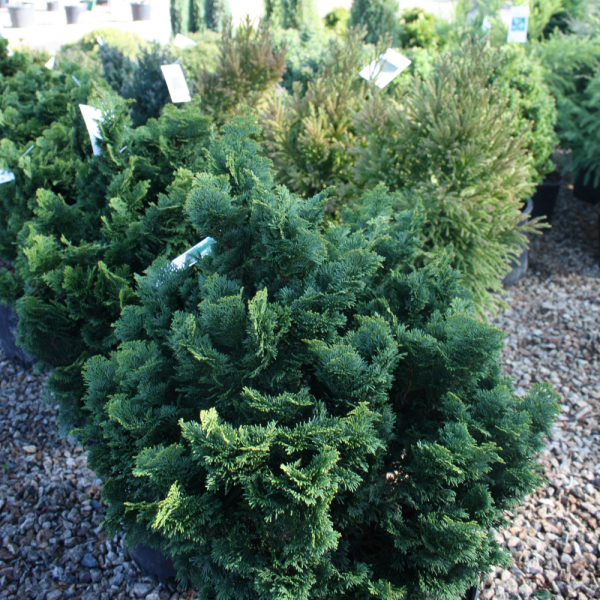
So many of us have areas in our yards where a wide or large-growing tree is unfeasible because of the space it will take up as it matures, or how it will encroach upon neighbors. For situations like this, narrow-growing trees with ascending branches that point upward (termed “fastigiate” by horticulturists) can better suit. Upright or narrow trees may be aesthetically better for lining a driveway, forming the edge of your property, framing a view or directing traffic. Both evergreen and deciduous trees have narrow-growing cultivars, and it’s always prudent to consider the mature size they’ll eventually attain.
Most of us are familiar with fastigiate trees like the Lombardy Poplar and the Italian Cypress. Unfortunately, neither of these is appropriate for New England gardens: Lombardy Poplar tends to be short-lived and susceptible to disease, rendering it unsuitable for most of us; Italian Cypress is not winter hardy in this region. Fortunately, plenty of other desirable choices are available on the market.
Some fastigiate trees grow naturally in a slender, columnar form, maintaining their narrow upright branching as they mature; others like the Katsura Tree (Cercidiphyllum), Stewartia, Japanese Cedar (Cryptomeria) and Fastigiate White Pine (Pinus strobus Fastigiata) are narrow when young, but broaden with age. Some fastigiate plants are single-stemmed, but many will have multiple trunks; those with more than a single trunk may be susceptible to damage if pulled apart by excessively heavy snow or ice. Even single-trunk types should be maintained periodically to remove wayward branches and make sure they continue to retain their desired characteristics.
In addition to those mentioned above, here are some suggestions for fastigiate deciduous and evergreen trees that are dependable in New England and readily available at many local garden centers.
- Sugar Maple (Acer saccharum, several fastigiate cultivars)
- European Hornbeam (Carpinus betulus Fastigiata and Franz Fontaine)
- European Beech (Fagus sylvatica Dawyk and Red Obelisk)
- Sweetgum (Liquidambar styraciflua Slender Silhouette)
- Oak (Quercus palustris Green Pillar, Q. robur Fastigiata)
- Boxwood (Buxus sempervirens Fastigiata, Dee Runk and Graham Blandy)
- Plum-yew (Cephalotaxus harringtonia Fastigiata)
- Japanese Holly (Ilex crenata Sky Pencil)
- Juniper, several narrow and columnar Juniperus species and cultivars
- Scotts Pine (Pinus sylvestris Fastigiata)
- Spruce (Picea abies Cupressina, P. pungens Iseli Fastigiate)
- Yew (Taxus media Vertical Selections)
- Arborvitae (Thuja occidentalis Hetz Wintergreen)
Mid-winter affords us a fine time to appreciate the beauty of fastigiate trees, both evergreen and deciduous; it’s also a good time to plan which ones will perform best in your yard.
Wayne Mezitt is a 3rd generation nurseryman, a Massachusetts Certified Horticulturist, now chairman of Weston Nurseries of Hopkinton, Chelmsford & Hingham MA, and owner of “Hort-Sense”, a horticultural advisory business. He currently serves in various capacities on several horticulturally-related organizations, including the Massachusetts Horticultural Society at The Gardens at Elm Bank in Wellesley MA, and chairman for the Massachusetts Invasive Plant Advisory Group (MIPAG).


